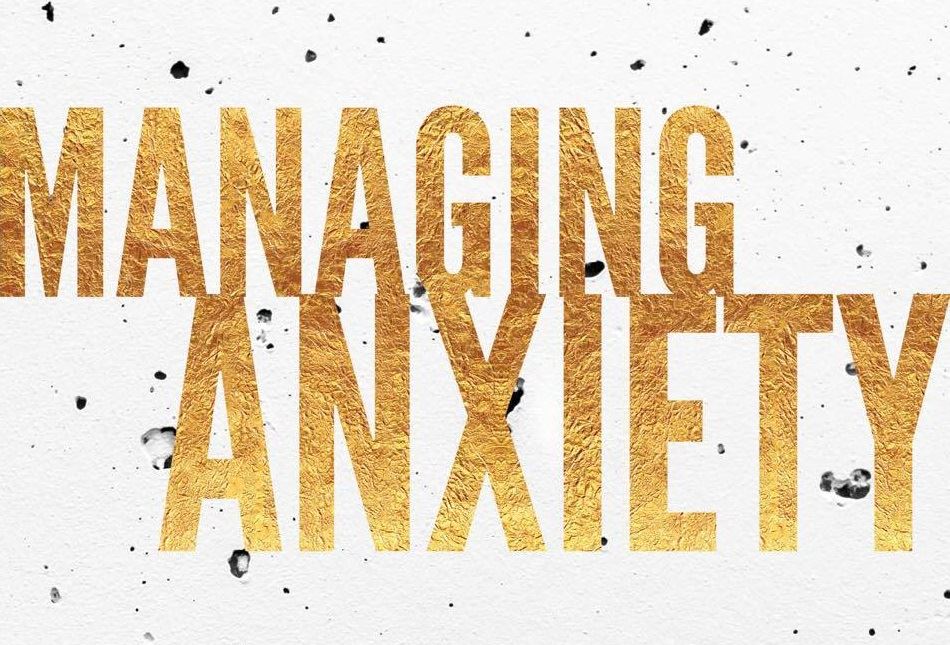 There are many reasons that can make us anxious, and usually the root cause of it is something we cannot change. Coping with anxiety means changing what you can and accepting the rest. Normal anxiety comes from our ancestors being put in situations where a fight or flight response would arise, such as staying safe from wild animals. A rush of adrenaline would be a natural reaction and keep us safe in extremely stressful circumstances. Today, that adrenaline rush could occur in other situations, such as preparing us for something or giving us energy when we need it. A new job interview, a speaking engagement, or a first date can all be anxious situations that motivate us to be our best or achieve something.
There are many reasons that can make us anxious, and usually the root cause of it is something we cannot change. Coping with anxiety means changing what you can and accepting the rest. Normal anxiety comes from our ancestors being put in situations where a fight or flight response would arise, such as staying safe from wild animals. A rush of adrenaline would be a natural reaction and keep us safe in extremely stressful circumstances. Today, that adrenaline rush could occur in other situations, such as preparing us for something or giving us energy when we need it. A new job interview, a speaking engagement, or a first date can all be anxious situations that motivate us to be our best or achieve something.
However, sometimes there may not be a specific trigger to our anxiety. It can build up and start to impact our daily functioning. It starts to take a toll both mentally and physically. We can try to reason with our anxiety by asking ourselves how serious is the danger or is this threat likely to occur?
Anxiety can build up and affect how we sleep, eat, or concentrate. A panic attack can occur when anxiety reaches it’s peak; symptoms include a pounding heart, sweating, rapid heartbeat, shortness of breath or more. It’s not uncommon for someone to believe they are having a heart attack when in fact they are actually experiencing a panic attack.
Fortunately, there are ways to cope with anxiety. We can take control of the things that we are able to and accept the things we cannot change. Support groups, friends or family can help sort out normal anxiety.
Learning to relax is important and breathing properly can calm us down. Diaphragmatic breathing calms the system, practicing yoga, meditation or exercise are all great outlets for anxiety.
Another approach is when we are taught skills to manage our anxiety. We can learn how to take control over our thoughts, feelings and behavior. By using these methods, we actively identify and challenge our worrying thoughts. Once we have identified what the negative thought is, we can challenge it and practice shifting the attention away from that thought.
If anxiety becomes so overwhelming that it interferes with our day to day lives, such as preventing us from doing something or going somewhere, it’s time to seek help. At Freedom Within we run skills based groups for helping folks overcome their anxiety. Let us know if you would like us to alert you about our next group!


